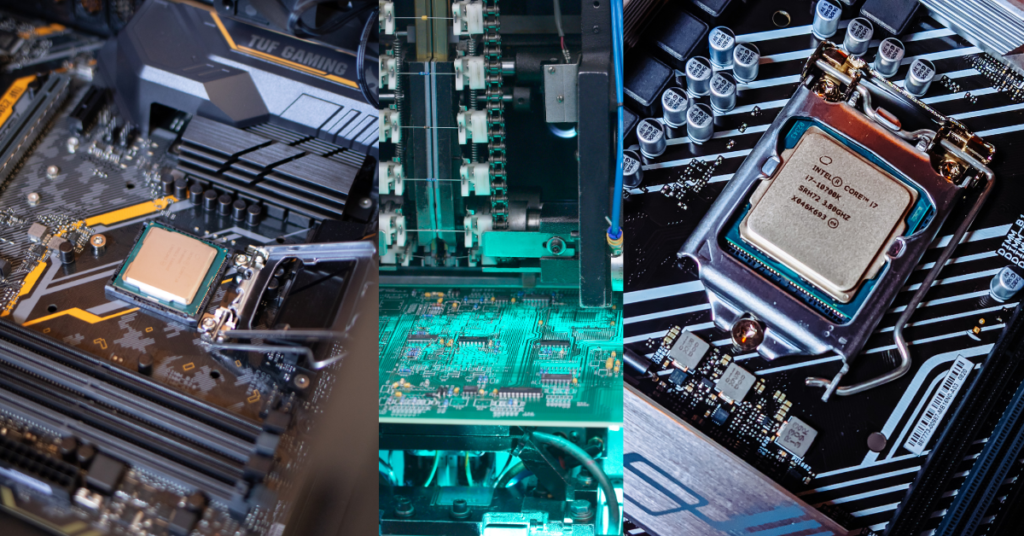Introduction to Processors: The Heart of Your Device
A processor, also known as a central processing unit (CPU), is the brain of any electronic device, including smartphones, computers, and gaming consoles. It executes instructions that tell the device what to do, processes data, and runs applications. For investors, understanding how processors work and their relevance in the technology sector is crucial, especially as tech continues to evolve rapidly. Whether you’re considering investing in tech stocks, bonds, or looking to purchase a new smartphone, the processor how to work in smartphone is a key factor in determining performance and efficiency.
In this guide, we will delve into the technicalities of processorss, explore the best processors on the market, and provide insights into how they influence both the tech world and financial markets. We will also compare the different types of processorss and give you valuable tips for investing in the tech industry.
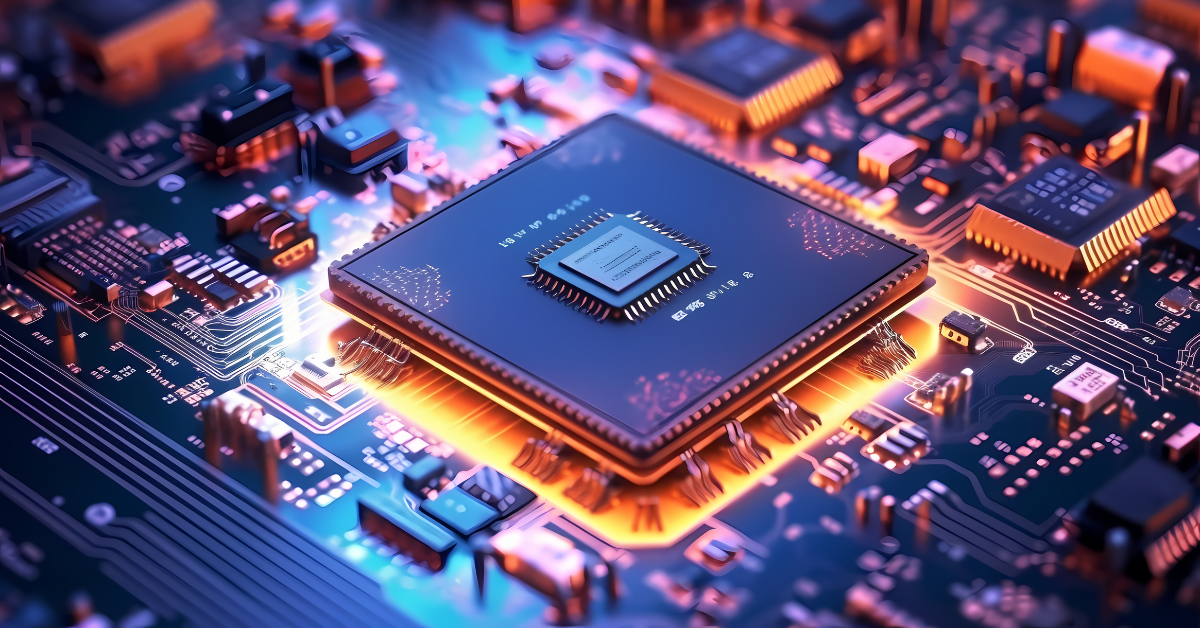
What is a Processor in Smartphones?
The processor how to work in smartphone is designed to handle all of the device’s essential tasks, from running apps to managing connectivity, and even controlling the camera. A smartphone’s CPU interprets the code from the operating system, such as Android or iOS, and executes commands based on user input.
How Do Processors Work in Smartphones?
Smartphone processors, which are System on Chips (SoCs), integrate several components into one compact unit. These include:
- CPU: The core processor that runs software instructions.
- GPU: The graphics processing unit that handles visual rendering.
- ISP: The image signal processor that manages camera functions.
- Modem: The component that handles communication, like Wi-Fi and cellular connections.
The more powerful the processor, the better the smartphone’s performance in terms of speed, multitasking, and battery life. For example, Apple’s A-series chips are known for their excellent performance in iPhones, while Qualcomm’s Snapdragon processors power many Android devices.
How Many Processors Do Smartphones Have?
While most smartphones have one main processor (the SoC), they often include secondary processorss to handle specific tasks. For instance:
- Dual-core or Quad-core processors: Older smartphones may have dual-core or quad-core processors, which are slower and less efficient than newer multi-core chips.
- Octa-core processors: Modern smartphones typically come with octa-core processorss that have eight cores, allowing for better multitasking and improved energy efficiency.
Thus, a smartphone generally contains one primary processor with additional cores to optimize performance. However, it’s important to note that the processor how to work in smartphone isn’t the only factor affecting a device’s performance; the amount of RAM and software optimizations also play significant roles.
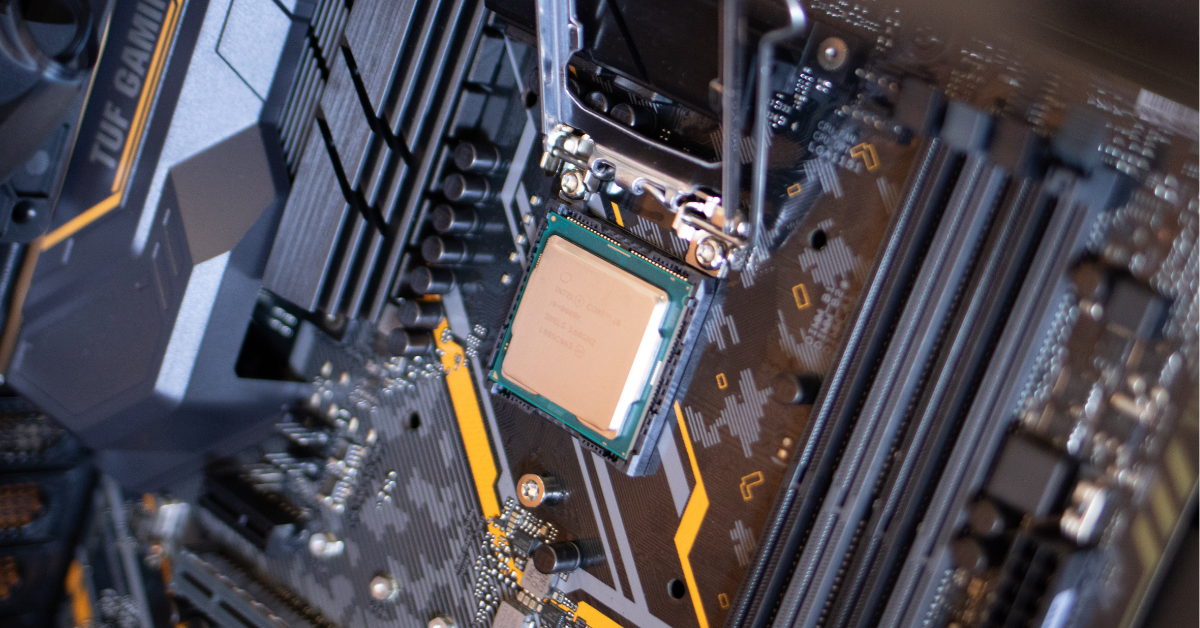
Types of Processors: A Comparison Between All Processors
There are several types of processors, each designed to meet different needs. Understanding the comparison between all processors can help you determine which one is the best fit for your device or investment portfolio.
Mobile Processors
Mobile processorss, or SoCs, are specifically designed for smartphones, tablets, and other portable devices. Some of the most popular brands include:
- Apple A-series: Found in iPhones and iPads, these processors are known for their performance and efficiency.
- Qualcomm Snapdragon: These processorss power a wide variety of Android devices, offering high performance for gaming and multitasking.
- Samsung Exynos: Samsung’s own chipset is used in many of its smartphones, although Qualcomm Snapdragon is often used in international versions.
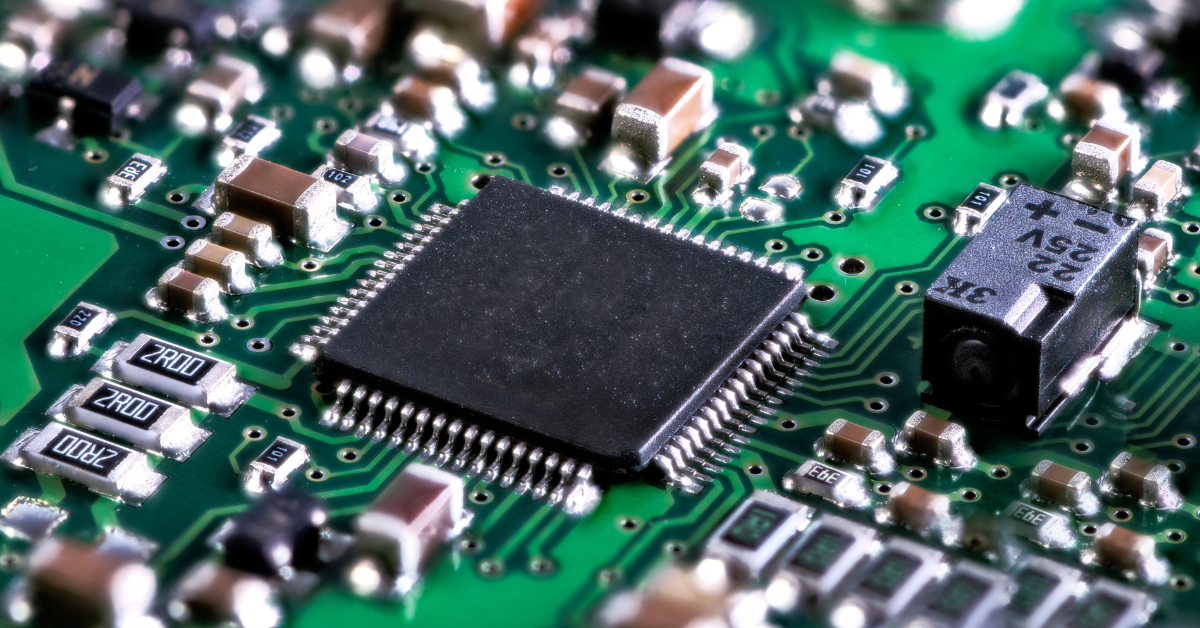
Desktop and Laptop Processors
Desktop and laptop processors are typically more powerful than mobile processors. Some examples include:
- Intel Core i-series: Widely used in PCs, these processorss offer high performance and are commonly found in everything from budget laptops to high-end gaming rigs.
- AMD Ryzen: Known for offering excellent multi-threaded performance, making them ideal for gaming and content creation.
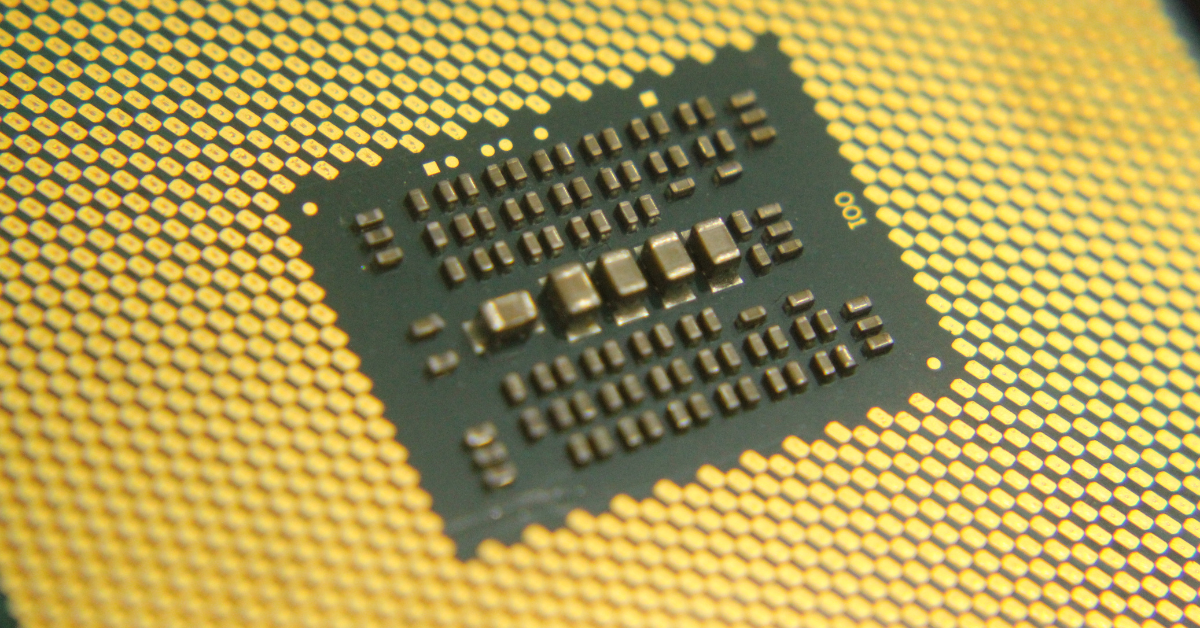
Server Processors
Server processors are optimized for multi-tasking and handling large amounts of data. Some well-known server processors include:
- Intel Xeon: Used in enterprise servers, these processors offer superior performance for running business-critical applications.
- AMD EPYC: AMD’s server processorss are popular for their high core counts and efficiency.
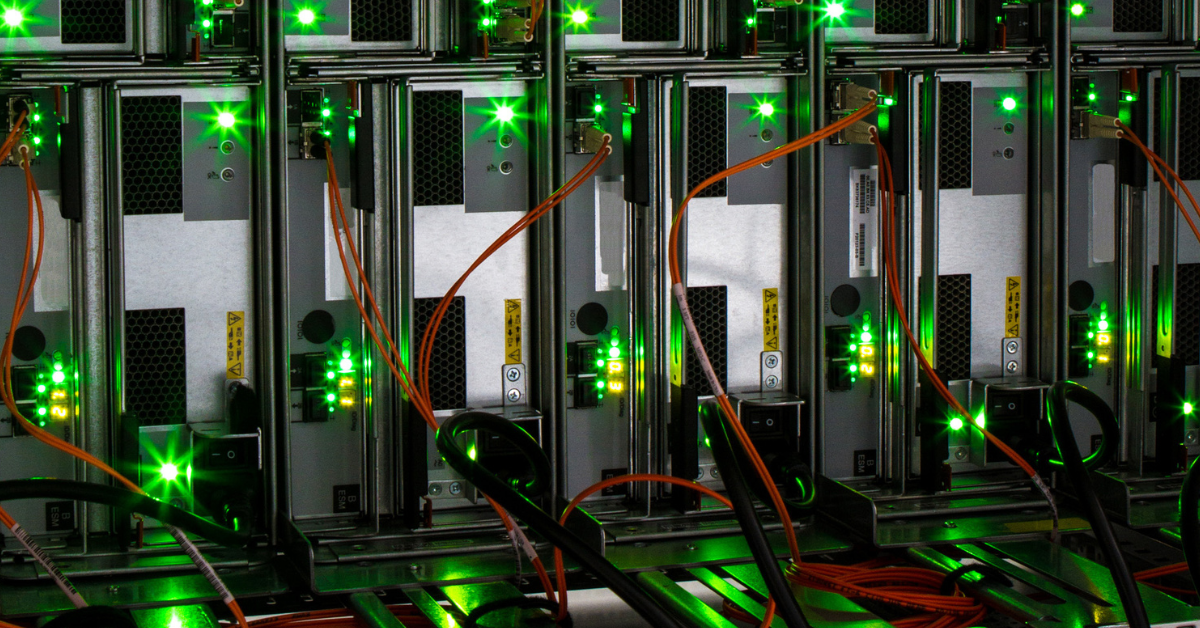
Specialized Processors
In addition to general-purpose processors, there are also specialized processors, such as:
- Graphics Processing Units (GPUs): Designed for rendering images, videos, and animations, GPUs are crucial for gaming and video editing.
- AI Processors: These chips are designed specifically to handle AI and machine learning tasks. Companies like Google (TPU) and Apple (Neural Engine) have developed proprietary chips for AI acceleration.
Each processor type has specific advantages depending on the use case, and understanding the comparison between all processors will help you make an informed decision for both personal use and investment opportunities.
What is the Best Processor for Smartphones?
When selecting the best processor for smartphones, several factors come into play, including performance, power efficiency, and support for future technologies like 5G and AI. Let’s take a look at some of the top processorss currently available.
Apple A17 Bionic
Apple’s A17 Bionic chip is currently one of the most powerful processors available, used in the latest iPhones. With its 6-core CPU and 6-core GPU, it delivers exceptional speed and graphics performance. It is also highly efficient, offering longer battery life.
Qualcomm Snapdragon 8 Gen 3
The Snapdragon 8 Gen 3 is Qualcomm’s flagship mobile processor, offering a substantial performance boost compared to its predecessors. It supports 5G connectivity, AI enhancements, and improved gaming performance.
Samsung Exynos 2400
Samsung’s Exynos 2400 is designed to compete with Qualcomm and Apple’s chips, offering solid performance, especially in international markets. It excels in graphics performance and 5G speeds.
MediaTek Dimensity 9200
MediaTek’s Dimensity 9200 is known for being affordable yet powerful, providing competitive performance for budget-friendly smartphones. It’s especially popular in mid-range devices.
In conclusion, the best processor depends on your specific needs—whether you’re looking for top-tier gaming performance, excellent battery life, or budget-conscious options.
High Return Bonds from Banks: A Tangential Investment Opportunity
While processors are at the heart of the technology sector, they also indirectly affect the financial markets. Tech companies, which manufacture and utilize processorss, often have stock offerings and bonds available for investors. If you’re looking for a safe investment with steady returns, high return bonds from banks may be a suitable option.
For example, large banks and financial institutions may offer bonds that are tied to tech industry growth. These bonds might be a lower-risk alternative for investors looking for exposure to the tech sector without directly buying stocks.
However, for those interested in high-risk, high-reward investments, purchasing shares in semiconductor companies like Intel, AMD, or Nvidia—which are responsible for creating many of the processors used in smartphones and other devices—could yield significant returns as demand for processing power continues to grow.
FAQs About Processors and Investments
FAQ 1: What is the Difference Between a CPU and a Processor?
The terms CPU (Central Processing Unit) and processor are often used interchangeably. A processor refers to any chip that processes data, while the CPU specifically handles instructions and operations in a computer or smartphone.
FAQ 2: How Do Smartphone Processors Affect Performance?
The processor how to work in smartphone directly influences speed, multitasking ability, and battery life. A higher-end processor typically results in faster performance and better overall user experience.
FAQ 3: Are There Different Types of Processors for Different Phones?
Yes, comparison between all processors reveals that different brands and models of phones use processors designed for different purposes. For instance, iPhones use Apple’s A-series chips, while Android phones may feature Qualcomm’s Snapdragon or MediaTek’s Dimensity processorss.
FAQ 4: What Are the Benefits of Investing in Semiconductor Stocks?
Investing in semiconductor stocks, such as those from companies that manufacture processors, can provide high returns as demand for technological devices grows. These companies are essential for powering everything from smartphones to AI technologies.
FAQ 5: Can a Smartphone Have Multiple Processors?
While a smartphone generally has one primary processor how to work in smartphone, it often includes multiple cores and components that work together to ensure smooth performance. Some smartphones may also feature additional processorss for specialized tasks like graphics rendering or AI processing.
Conclusion
Understanding how processors work, especially in smartphones, is essential not only for tech enthusiasts but also for investors looking to capitalize on the growing demand for high-performance devices. From the best processor for mobile phones to the variety of processorss used in different technologies, staying informed about processor technology can provide valuable insights for both personal use and investment strategies.
For investors, processors and the companies that manufacture them represent an exciting and lucrative opportunity, especially as technology continues to advance. Whether you’re looking for high return bonds from banks or thinking about investing in the latest tech stocks, knowledge of processors and their impact on the market is essential.
By understanding the comparison between all processors and choosing the best ones for your device or portfolio, you can ensure that you’re making well-informed decisions in today’s ever-evolving tech landscape.

